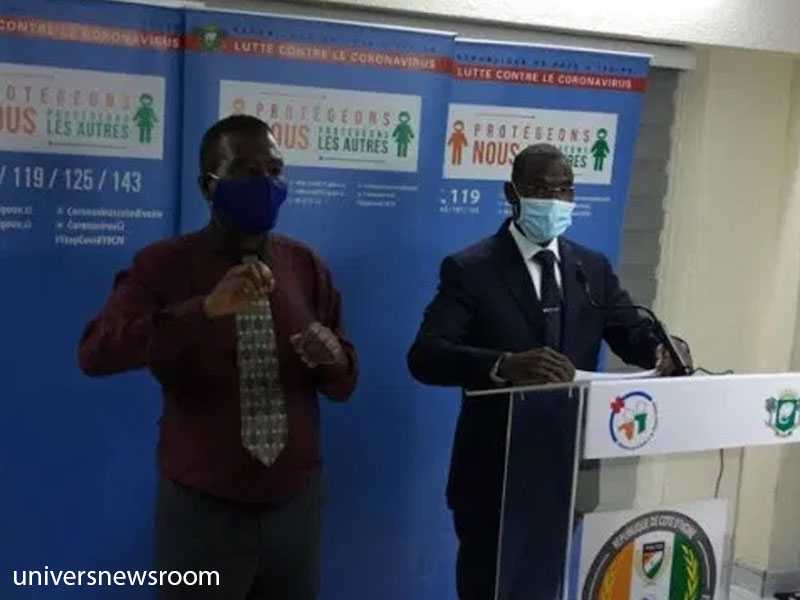AESA PROGRAMMES
- Building R&D Infrastructure
- Developing Excellence in Leadership, Training and Science in Africa (DELTAS Africa)
- Human Heredity and Health in Africa (H3Africa)
- Africa’s Scientific Priorities (ASP)
- Innovation & Entrepreneurship
- Grand Challenges Africa
- Grand Challenges Innovation Network
- Rising Research Leaders/Post-Docs
- AESA RISE Postdoctoral Fellowship Programme
- African Postdoctoral Training Initiative (APTI)
- Climate Impact Research Capacity and Leadership Enhancement (CIRCLE)
- Climate Research for Development (CR4D)
- Future Leaders – African Independent Research (FLAIR)
- Critical Gaps In Science
- Clinical Trials Community (CTC)
- Community & Public Engagement
- Mobility Schemes: Africa-India Mobility Fund
- Mobility Schemes: Science and Language Mobility Scheme Africa
- Research Management Programme in Africa (ReMPro Africa)
- Science Communication/Africa Science Desk (ASD)
- Financial Governance: Global Grant Community (GGC)
- AAS Open Research
- CARI Programmes
- Evidence Leaders Africa (ELA)

News
Africa Academy of Science institutes $2.8million COVID-19 research fund

197
Africa Academy of Science institutes $2.8million COVID-19 research fund
(courtesy: Business Ghana)
The Africa Academy of Science (AAS) and its partners have mobilized a total of $2.8million to support key research priority areas across the African continent to help contain the spread of COVID-19 pandemic outbreak.
The priority research areas were identified by 844 researchers in the field of biomedical science, clinical, epidemiology, social science, policymakers, and infectious disease through a survey organised by the AAS on COVID-19.
Madam Juliette Mutheu-Asego, the Head of Communications and Public Relations at AAS, speaking to the Ghana News Agency in an interview said the Academy would in the coming days issue a call to invite researchers to apply to the funds to conduct studies in the priority areas.
The key research areas, she stated included; understanding the effectiveness of movement control strategies to prevent secondary transmission in health care and community settings, develop new Personal Protective Equipment approaches using local materials and manufacturing processes.
She said the study flagged high the issues of researching into the conduct of rapid population cross-sectional surveys to establish the extent of virus transmission using a standardized sampling framework.
Madam Mutheu-Asego said the survey recommended a special focus should be given to potentially at-risk groups including; malnourished individuals and people with HIV, TB Sickle Cell.
She said it highlighted the development of protocols for the management of severe disease in the absence of intensive care facilities, determine optimal clinical practice strategies to improve the processes of care, and develop innovative approaches to use as alternatives to ventilation.
The survey conducted in April, she noted flagged the examining of optimal ways of communicating about potential interventions in high-density low socio-economic status urban settings and ensures that knowledge was produced according to local, national and regional needs.